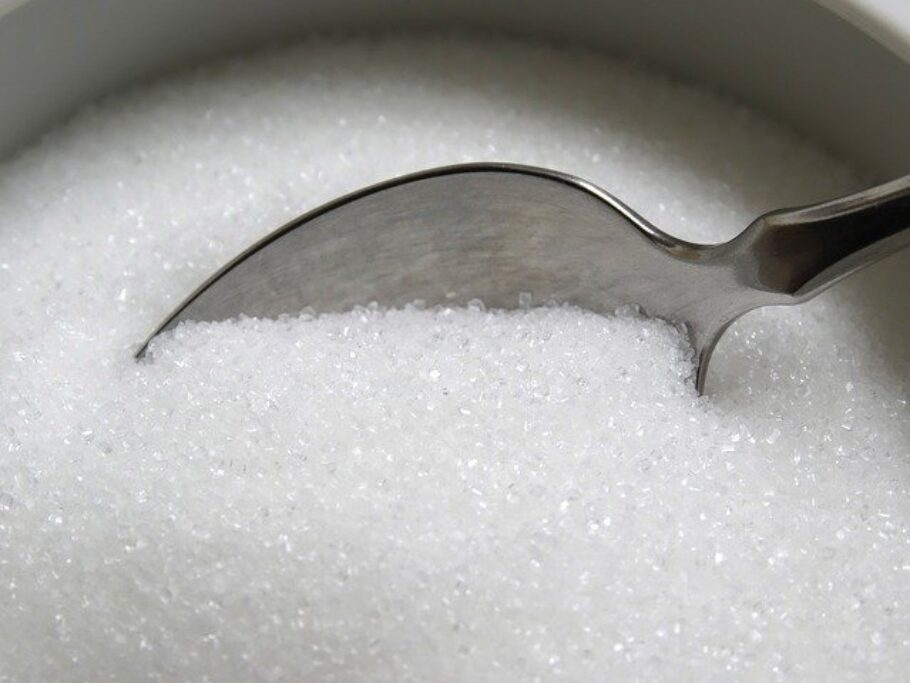“Artificial sweeteners are chemicals/additives – so they must be unsafe”
Yes, artificial sweeteners are chemicals – but so are vitamins, which are commonly added to foods to fortify them, adding extra nutrition! Yet somehow we have a lot more confidence in vitamins than sweeteners?
A question we’re often asked is whether artificial sweeteners are safe to consume – and the good news is, that all sweeteners have to go through rigorous testing and deemed safe by the European Food Standards Agency (EFSA) before being allowed in foods and drinks. Artificial sweeteners are also the most heavily researched food additive in the food industry, so we can be confident that they’re to consume.
“’Natural’ sweeteners like Stevia are better for you than ‘artificial’ sweeteners because they come from a plant”
Although the sweetener Stevia does come from a plant, in order to produce Stevia in the form used in foods and drinks, the natural sweeteners must be extracted from the plant and then purified by undergoing a number of chemical processes. However both Stevia and other artificial sweeteners are deemed safe for consumption by EFSA.
“Artificial sweeteners make you feel hungrier & lead to weight gain”
The belief behind this myth is that when we sense the sweet taste of artificial sweeteners, this tells our brain that we should be receiving some energy, and as artificial sweeteners are low- or zero-energy, when our bodies don’t receive this energy they were expecting, we then go on to consume more energy to compensate for this. However, human studies have shown no effect of artificial sweeteners on subsequent levels of hunger or energy consumption.
Many human studies have found no negative effect of artificial sweeteners on weight. In fact, EFSA concluded there was no clear relationship between artificial sweetener consumption and weight status. Many of the studies linking increased artificial sweetener consumption to increased weight and heart disease risk can only suggest an association with artificial sweeteners. As there are so many other dietary and lifestyle factors that come into play, it isn’t possible to prove artificial sweeteners as a cause, when it could just as easily be a result of any other factor coming into play!
“Artificial sweeteners affect blood sugar levels and cause type 2 diabetes”
Human studies looking at whether artificial sweeteners effect blood glucose levels have not shown any consistent evidence to support this. In fact, EFSA approved the health claim that artificial sweeteners can reduce blood sugar levels after eating a meal. And Diabetes UK, have approved artificial sweeteners as safe to consume by diabetics within the limits recommended by EFSA.
The arguments supporting this myth come from studies performed in animals or on cells in the laboratory which have shown some evidence of increasing blood sugar levels. However, our bodies function very differently to animals and the cells within our bodies act very differently to cells in a laboratory, as our bodily systems are a lot more complex.
“Artificial sweeteners destroy your gut microbiome”
The majority of the research suggesting negative impacts on the gut microbiome have been in mice. Although this may be true for mice, our bodies function very differently and there is no conclusive evidence to support this in humans. However, a specific type of sweeteners called sugar alcohols may have a laxative effect when consumed in excess or in those with irritable bowel syndrome.
“Artificial sweeteners can cause cancer”
Again, this claim comes from some studies done many years ago in rats that showed associations between specific sweeteners aspartame and saccharin. However, rats’ bodies function very differently to ours, and it has since been proven that these same mechanisms do not occur in humans, and that artificial sweeteners do not cause cancer. Hence why they have been approved as safe for consumption by EFSA.


